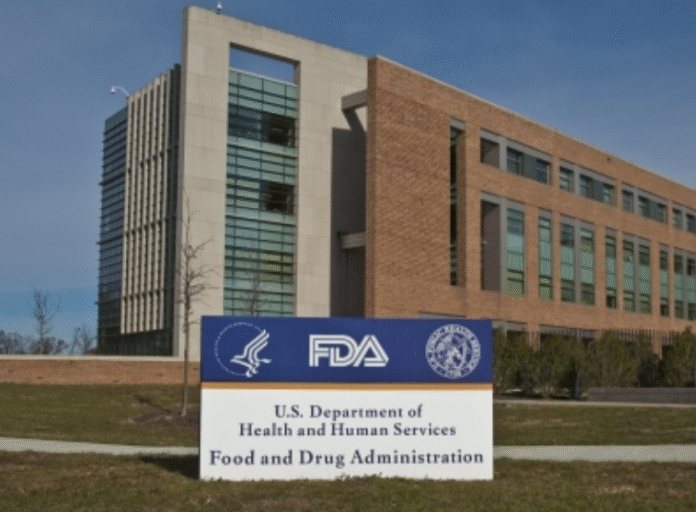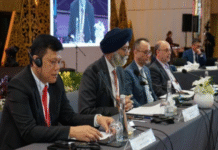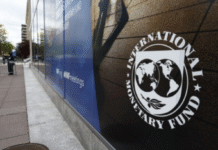Seoul— The U.S. Food and Drug Administration (FDA) is currently conducting an on-site inspection of Samsung Biologics’ manufacturing facilities in South Korea, industry sources reported on Wednesday.
The inspection is taking place at the company’s facilities in Songdo, located west of Seoul, and is expected to continue through Tuesday. Samsung Biologics, South Korea’s largest biopharmaceutical company, is a key global player in the contract development and manufacturing organization (CDMO) space.
According to Yonhap News Agency, FDA officials visited the company’s third and fourth plants on Monday to evaluate operations and safety protocols.
Regulatory inspections by foreign agencies at South Korean biomanufacturing sites are uncommon and are being closely watched by the broader biotech industry.
In preparation for the visit, Samsung Biologics advised its employees to exercise discretion, mandating the use of personal protective equipment and maintaining high standards of professionalism and communication during the inspection period.
While a Samsung Biologics representative declined to share detailed information, the company clarified that the current FDA inspection is not related to the agency’s ongoing pilot program for unannounced inspections of foreign manufacturing sites.
The Korea Biotechnology Industry Organization recently noted that the FDA plans to expand its unannounced inspections of overseas facilities that produce medical products and food. The initiative, already being piloted in India and China, aims to bring foreign sites under the same level of scrutiny as U.S.-based manufacturers.
Meanwhile, Samsung Biologics, a key subsidiary of South Korea’s Samsung Group, continues to report strong financial growth. The company posted a 26.3 percent year-on-year increase in net profit for 2024, reaching 1.08 trillion won (approximately $753 million).
According to a regulatory filing, operating profit for the year rose to 1.32 trillion won, up from 1.11 trillion won in the previous year. Annual revenue climbed 23.1 percent to a record 4.54 trillion won.
The company attributed its robust performance to a surge in biosimilar production contracts. In 2024 alone, it secured deals worth over 5 trillion won, bringing its total accumulated contracts to $17.6 billion. (Source: IANS)







